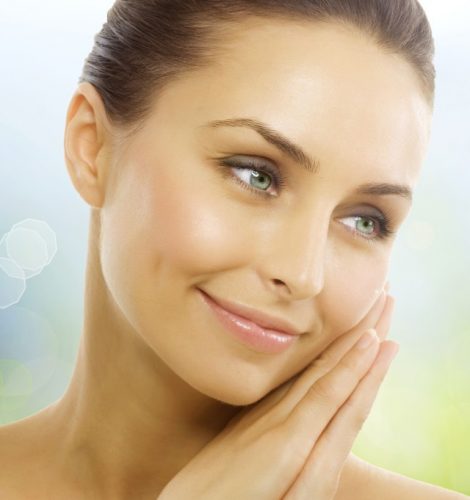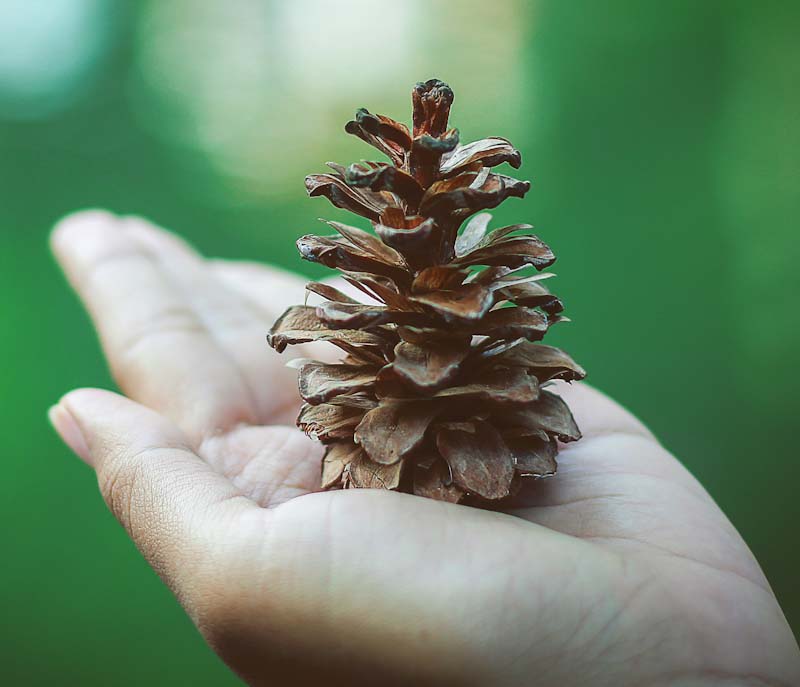
What is Homoeopathy?
Homeopathy is an alternative medical practice in which extremely dilute amounts of certain natural substances are used to treat various ailments.
Homoeopathy can be defined as a system of Drug-Therapeutics based on the similars. This law states that a drug, capable of producing in a healthy person a diseased state exactly similar to that observed in a diseased person, acts as a curative agent if the disease is in a curable stage. Homoeopathy treats the man in disease, not the disease in a man.
History
Homeopathy was developed in the late 18th century by Samuel Hahnemann, a respected doctor in Germany. Hahnemann believed that “like cures like” and that minute concentrations of a particular toxin could cure the very same symptoms it would cause in larger doses. Think poison ivy to treat rashes.
Nevertheless, doctors — and chemists, in particular — soon came to understand that homeopathy could not work because the dilutions are implausible, diluted to the point that there is no longer any medicine in the medicine.
Benefits of Homeopathy
- Safe and Reliable
- Customized personal treatment
- Natural and Pure medicine
- Safe and Convenient
- It Cures and not merely treats
- Effective and acting fast
- Helps build resistance
- Safe for all age groups including new-borne babies

Frequently Asked Questions
Homeopathy is a gentle but effective form of treatment which stimulates the natural ability of the organism to heal itself. The word homoeopathy comes from the greek words “homoios” which means similar, and “pathos” which means disease. This reflects the main principle of homoeopathy, the law of similars, which predicts that a disease can be cured by a medicine, which in healthy people is able to produce a condition that resembles the disease. The law of similars is probably a basic law of nature.
Homeopathy treats states of ill-health, it does not treat ailments. Of course, in transforming a state of ill-health into a state of health, many, if not most, ailments resolve, but homeopathic doctors do not treat ailments per-se. The therapeutic results depend on the extent to which the organism (human being or animal) has the potential to repair. Homeopathic medicines are supposed to induce a process of reorganization of vital functions by stimulating this self-regulation mechanism, which means that a complete cure is possible in cases where only functional derangement has caused the symptoms. In most cases it eradicates the diseases completely.
Homeopathy can be successfully used to treat a wide range of disorders, the most frequently treated among them are asthma, allergies, eczema, psoriasis, urticaria, acne, alopecia, rheumatoid arthritis, osteoarthritis, irritable bowel, ulcerative colitis, all kinds of inflammations, migraine, headache, hypertension, angina pectoris, chronic fatigue syndrome (ME), depression and anxiety.
Homeopathy medicine small dose is given based upon the understanding that the stimulus of the medicine triggers the intrinsic healing response. Following this principle, we give only enough medicine to initiate this healing response. This response then carries on, driven by the body’s need to maintain health and balance.
Simply put, small doses stimulate, medium doses inhibit and large doses kill. Thus, the minimum, potentized dose is employed by homeopaths.
Homeopathic medicine stimulates your own internal healing mechanisms, and while it is in action, we wait and watch while the healing process takes place. There may be a slight worsening of symptoms (aggravation) at the start, but this will be a sign of improvement as your vitality and immune system are stimulated by the medicine. During the healing of chronic disease, old symptoms (that might once have been suppressed) may re-emerge. This phenomenon in homeopathy is termed as Direction of cure.
The small doses used in homeopathic medicines make them extremely safe, also for infants, pregnant women or the aged. They do not have the side effects associated with many conventional prescription drugs, which is one of the reasons for the popularity of homeopathy among patients.
For better absorption, homeopathic medicines should be taken orally without effect of strong flavors or anything that may coat the mouth. We recommend taking the medicine 15 minutes before or after eating, drinking or brushing your teeth. Coffee products can be avoided for better effect.
Usually homeopathic medicines have considerably long expiry. However, Drug and Cosmetic Rule, schedule –M states that shelf life for homeopathic tincture and Potencies should not be more than 60 months (5 years). This is a blanket date of expiry for all potencies and tinctures irrespective of their source and nature of the drug.
